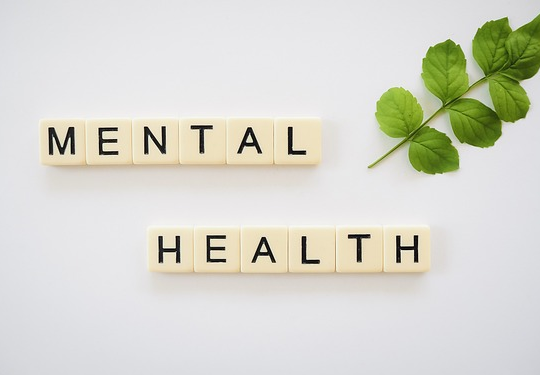
5 Everyday Tips to Boost Your Mental Health
Table of Contents
Maintaining good mental health is essential for overall well-being. Incorporating simple habits into your daily routine can significantly impact your mental and emotional state. Here are five practical tips to enhance your mental health:
1. Prioritize Quality Sleep
Sleep plays a crucial role in mental health. Aim for 7–9 hours of restful sleep each night. Here’s why it matters:
- Restoration: During deep sleep, your body repairs tissues, strengthens the immune system, and supports brain function.
- Emotional Regulation: Lack of sleep can lead to irritability, mood swings, and increased stress.
- Cognitive Function: Adequate sleep improves memory, concentration, and decision-making.
Action Steps:
- Create a consistent sleep schedule.
- Avoid caffeine and electronic devices before bedtime.
- Create a relaxing bedtime routine.
2. Stay Physically Active
Exercise isn’t just for physical fitness; it positively impacts mental health too. Here’s how:
- Endorphin Release: Physical activity triggers the release of endorphins, which boost mood and reduce stress.
- Stress Reduction: Exercise helps manage stress hormones like cortisol.
- Improved Self-Esteem: Regular activity enhances body image and self-confidence.
Action Steps:
- Find an activity you enjoy (walking, dancing, yoga, etc.).
- Aim for at least 30 minutes of moderate exercise daily.
- Include strength training for overall health.
3. Mind Your Diet
What you eat affects your mental health. Consider these dietary tips:
- Balanced Nutrition: Consume a variety of whole foods, including fruits, vegetables, whole grains, lean proteins, and healthy fats.
- Limit Sugar and Processed Foods: Excess sugar and processed foods can lead to mood swings and energy crashes.
- Stay Hydrated: Dehydration affects cognitive function and mood.
Action Steps:
- Plan balanced meals.
- Limit sugary snacks and fast food.
- Stay hydrated throughout the day.
4. Cultivate Social Connections
Human connections are vital for mental well-being. Here’s why:
- Emotional Support: Friends and family provide emotional support during challenging times.
- Reduced Isolation: Loneliness can negatively impact mental health.
- Shared Experiences: Social interactions offer a sense of belonging.
Action Steps:
- Reach out to loved ones regularly.
- Join clubs, classes, or online communities.
- Practice active listening and empathy.
5. Practice Gratitude
Gratitude fosters a positive mindset. Consider these benefits:
- Shift in Perspective: Focusing on what you’re thankful for reduces negativity.
- Improved Resilience: Grateful people cope better with stress and adversity.
- Enhanced Relationships: Expressing gratitude strengthens social bonds.
Action Steps:
- Keep a gratitude journal.
- Express appreciation to others.
- Reflect on small blessings daily.
Remember, these tips are meant to be integrated gradually. Start with one or two that resonate with you, and observe the positive changes in your mental well-being. 🌟
Feel free to incorporate these practices into your daily life, adapting them to your unique circumstances. Take care! 😊







